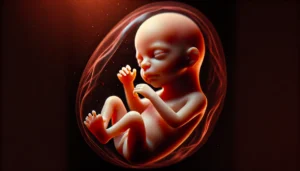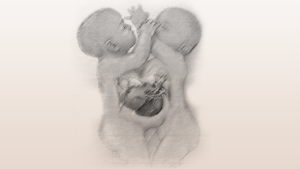Question:
When a Christian confesses that he is not married in the Church, can absolution be denied?
Answer:
Absolution must be denied whenever the penitent is unwilling to live according to the demands of grace, that is, fulfilling all the commandments of God.
If a penitent intends to sin, continue sinning, or continue living in a sinful situation, he is not fit to receive absolution. The penitent recites in the penitential act, among other things: “I firmly intend to sin no more and to avoid every next occasion of sin….” If he really has no such intention, then his act is a lie.
A person who lives in concubinage or adultery and does not have the serious intention of resolving his situation immediately (either by marrying in the Church in the case of concubines who can regularize their situation or by separating if one of the two is already married*) cannot receive absolution, not because the priest does not want to give it but because the penitent does not wish to dispose himself properly to receive it; he lacks an essential element: the intention of sinning no more.
(*) There are extreme situations in which, for various reasons, they cannot be separated. The Exhortation Familiaris Consortio says of this situation: “Reconciliation in the sacrament of Penance which would open the way to the Eucharist, can only be granted to those who, repenting of having broken the sign of the Covenant and of fidelity to Christ, are sincerely ready to undertake a way of life that is no longer in contradiction to the indissolubility of marriage. This means, in practice, that when, for serious reasons, such as for example the children’s upbringing, a man and a woman cannot satisfy the obligation to separate, they ‘take on themselves the duty to live in complete continence, that is, by abstinence from the acts proper to married couples’ (n. 84). It should be noted that this situation should not be taken lightly either, since John Paul II is very clear in referring to “the obligation to separate;” therefore it is understood that living together in full continence is an extreme situation that can only be reached when there is no possibility, without harming the good of the children, or for any other serious reason, of fulfilling the first obligation, which would be separation. Even so, even in this case, the danger of leading the faithful into error must be avoided: “In such a case they may receive Holy Communion as long as they respect the obligation to avoid giving scandal” (Congregation for the Doctrine of the Faith, Letter to the Bishops of the Catholic Church on the reception of Eucharistic Communion by the divorced and remarried faithful, n. 4). The normal way to avoid scandal and confusion among the faithful would be to administer the sacraments to them privately.
Fr. Miguel A. Fuentes, IVE
Original post: Here
Another post: Can I receive Communion if I am divorced and remarried?















